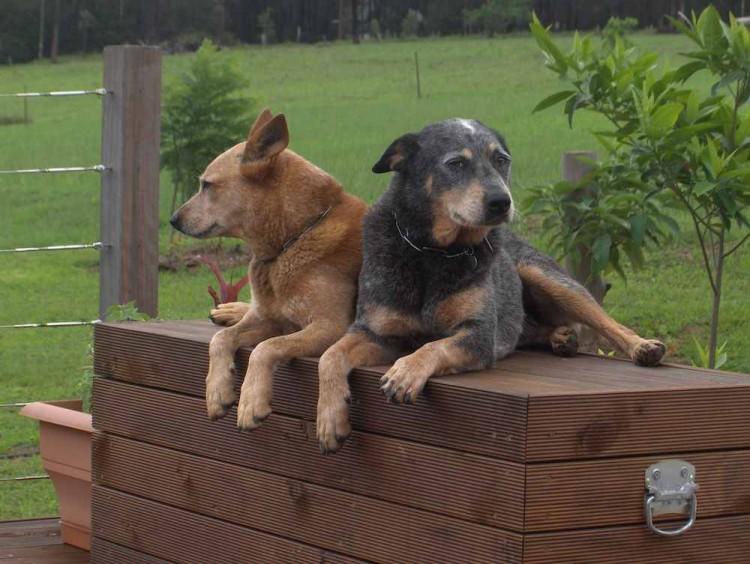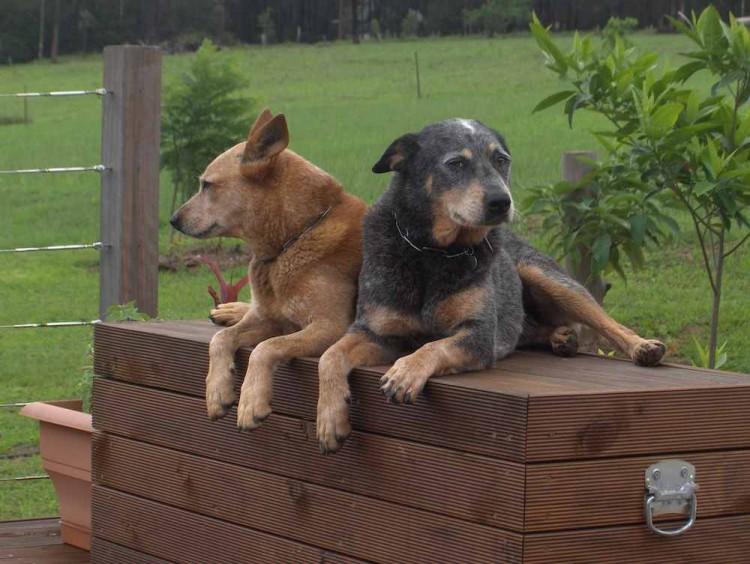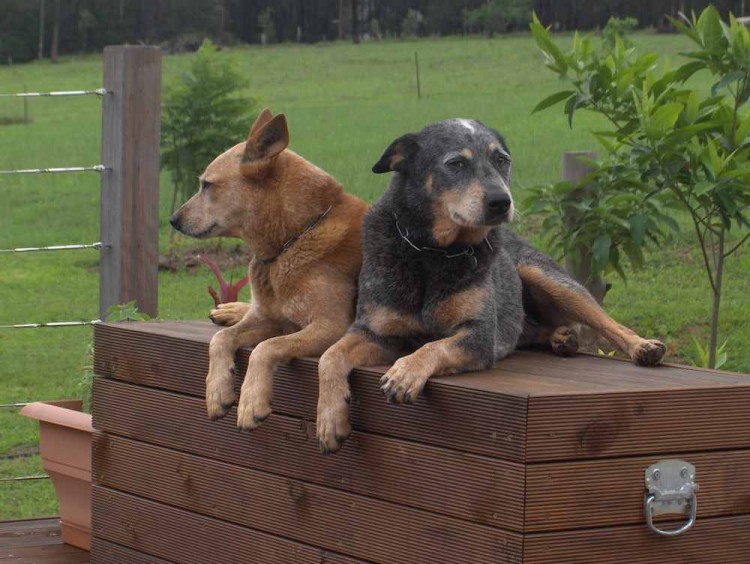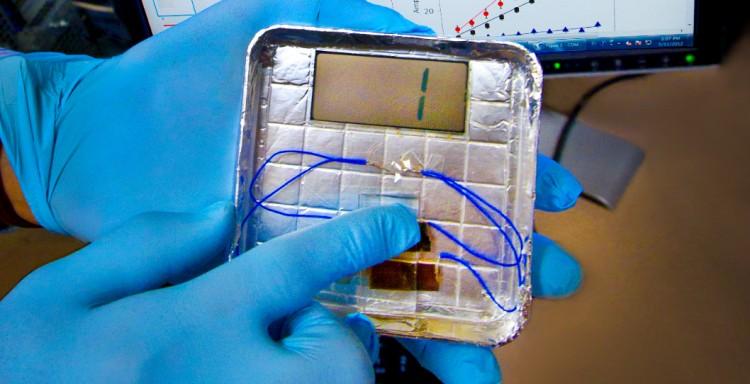House dust in homes with dogs appears to stimulate immunity against the respiratory syncytial virus (RSV) and might help prevent asthma, according to new U.S. research.
RSV commonly afflicts young children. Most cases are mild and present like the common cold, but severe infections have been linked to an increased risk of developing asthma.
Previous research has shown that children with pets, particularly a dog, are less likely to become asthmatic.
The researchers compared the effects of RSV on mice fed with dust from dog-owning homes and mice fed no dust versus a control group of mice that were not infected with the virus.
The dust-fed mice did not show signs of airway infection, namely inflammation and mucus production.
Furthermore, a different range of bacteria were found in the guts of mice fed with dust.
“This led us to speculate that microbes within dog-associated house dust may colonize the gastrointestinal tract, modulate immune responses and protect the host against the asthmagenic pathogen RSV,” said study co-author Kei Fujimura at the University of California-San Francisco in a press release.
The team hopes to identify the microbe species and mechanisms responsible for combating RSV, and ultimately to develop defensive measures against the virus.
“This study represents the first step towards determining the identity of the microbial species which confer protection against this respiratory pathogen,” wrote the researchers in their study abstract.
“Such information could lead to development of microbial-based therapies to protect against this infectious agent and, putatively, reduce the risk of childhood asthma development.”
The findings were presented at the 2012 General Meeting of the American Society for Microbiology in San Francisco today.
The Epoch Times publishes in 35 countries and in 19 languages. Subscribe to our e-newsletter






